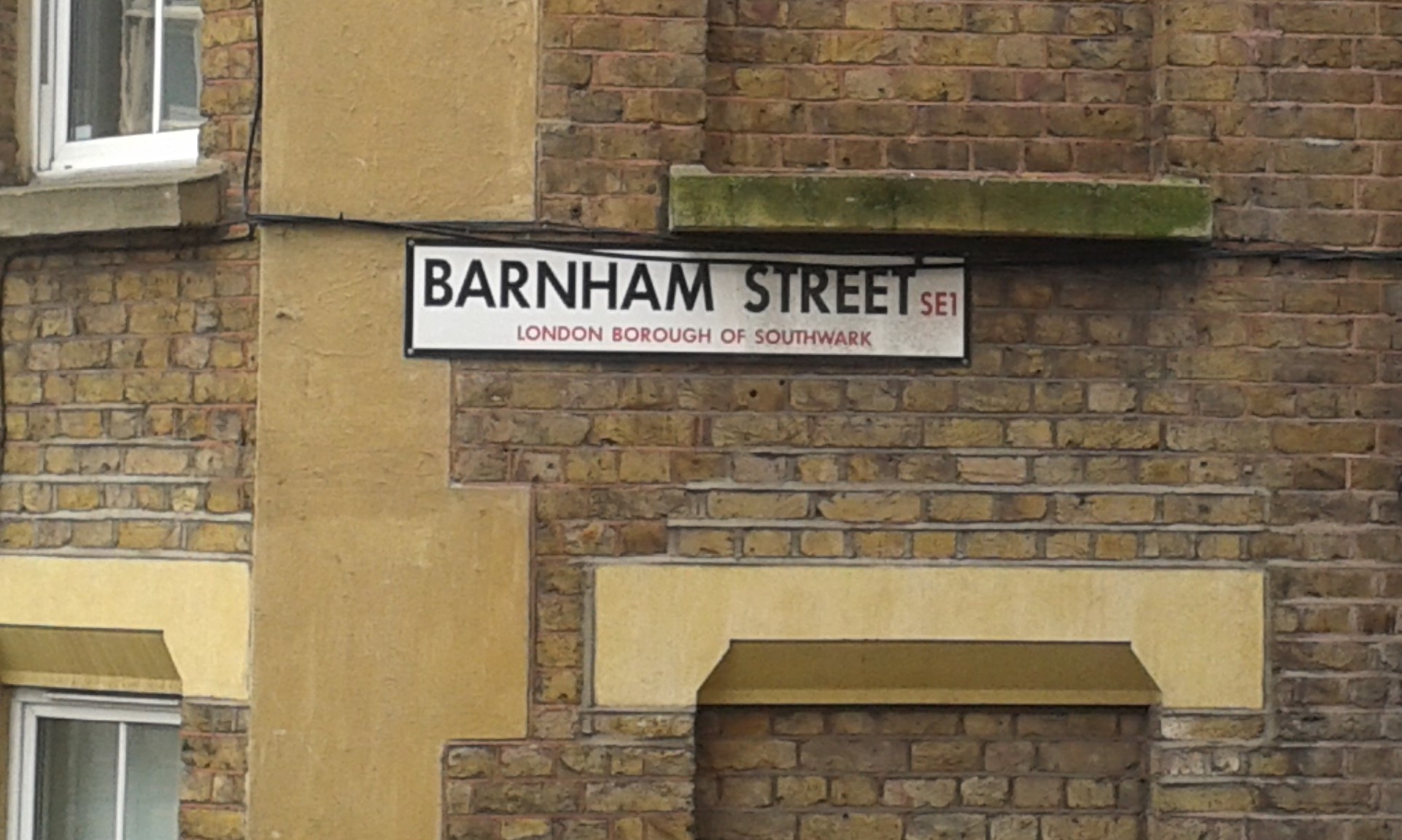My new story, ‘Bad Moon Falling’ is out now in the latest issue of Galaxy’s Edge magazine. Obviously, like any writer I love any new sale. But the fanboy in me is especially thrilled to be in this publication (which you can get here).
Call me shallow, but I’m always going to get a kick out of my name being on the cover with such SF legends as Robert Silverberg, Mike Resnick, and Katherine Kerr.
Galaxy’s Edge was created by Mike Resnick, one of the unarguable greats of the field, whose short fiction I love (and which I believe earned him more Hugo nominations than anyone else). Sadly, Resnick died earlier this year, but it’s great to see his magazine continuing under new editor, Lezli Robyn.
As for the story, it’s probably the ‘hardest’ SF yet from me, with signals from space that turn out to be from aliens, but not in a good way. Here’s a taster…
Bad Moon Falling
“Hello, Nick.” Kuldeep had taken ages to pick up. “Do you know how late it is?”
“We need to talk,” I said. “Can I come over?”
“Haven’t we talked enough? I’m not going to change my mind.”
My reflection in the monitor winced. Lines of numbers behind my face made it look like I was projected onto newsprint.
“It’s not about us. I need your advice,” I said. “There’s something wrong with the Moon.”
***
The world’s attention was on the Mars launch. The twenty-four hours a day, wall-to-wall coverage of every detail of the mission looked like continuing for the whole seven months until the crew reached Mars. People were lapping it up.
Not me. The day after Pegasus left the atmosphere, Kuldeep told me to move out; she needed time for herself, to develop other interests. “It’s not you, it’s me,” she said. But it was me who had to go.
I returned to my old room at Jake’s place, but I didn’t spend much time there. I threw myself back into work. If I was going to feel this shit, I might as well get things done.
Most people have forgotten the Ross signals. Fifteen years ago, a series of radio pulses came from the direction of Ross 128, eleven light-years away. The signals caused excitement for awhile—speculation that they might be artificial, from an alien interstellar civilization. The fuss soon died away, when no one could wring any sense from them, but I got a grant two years ago to continue what looked the hopeless task of decoding them. It’s more a hobby than a job now, but I pick it up when I have time. Kuldeep dumping me opened canyons of time.
Maybe you think it’s easy to know whether a signal is just cosmic white noise or contains a message, and to decode it if it does. My background’s in linguistics, and trust me, it’s not easy. You can look for patterns of distribution and frequency, but that only takes you so far. Even a terrestrial language like ancient Egyptian was only cracked when the Rosetta Stone gave us the same text in Greek and hieroglyphics. Some experts say it’s impossible to decipher a message where the underlying language is unrelated to any other.
I was more optimistic than that—I’ve got a knack for puzzling these things out, part science, part instinct. But no one knew if Ross was even a signal. Before I could decipher it, I had to be sure there was a message, and not just a stray blast of stellar noise. I also had to eliminate potential sources closer to home.
That was what led me to the Moon, and the long-forgotten Lunar Seismology Survey.
***
I took the Tube to Kuldeep’s Lab at Imperial College. A couple of her workmates nodded as they passed through Reception, but nobody stopped to chat. They all knew she’d elbowed me. It was obvious how cut up I was, and people don’t like to get close to bad feelings in case your misery rubs off.
Kuldeep appeared and led me to her pod. She poured us coffee and sat behind her desk, looking as gorgeous as the day we met. The sight of her stirred a flood of memories and hollowed out my chest.
She folded her arms. “Okay, I haven’t got long.”
“Like I said on the phone, there’s been huge activity on the far side of the moon.” I pulled the laptop from my bag. “I mean, huge. Too big for the Moon. I’m amazed no one’s picked it up.”
“Maybe they have,” Kuldeep said. “But start from the beginning.”
“Okay, it was when—”
“But keep it short. Chandler not Proust.”
“No need to be rude, Kul.”
“Look, I’ve got a million things to do,” she said. “And no offence, but we weren’t planning to see each other for a while.”
You weren’t, you mean...
(To read more, check out Galaxy’s Edge. While you’re there, subscribe!
Like this:
Like Loading...








